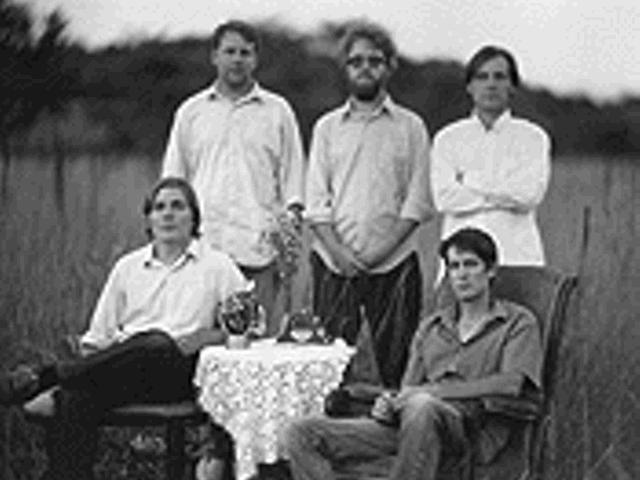For most, Fred J. Eaglesmith's career begins, if at all, with Drive-In Movie, his first stateside release to get any attention, a rock-edged singer/twangwriter record that yielded the minor Americana hit "Wilder Than Her." But 20 years earlier, Eaglesmith sounded like a dead ringer for John Prine, and his songs overflowed with the delicate melodies and ineluctable diction of country music -- it hardly mattered that this Canadian was faking the accent. Songs like "Old Coach Driver" and "The Highway Callin'" (which remains a fixture of his live shows) were so good Merle Haggard should have written them. After his eponymously titled debut, his next albums, The Boy That Just Went Wrong (1983) and Indiana Road (1987), drew on memories and ongoing experiences of the devastated farming communities surrounding Ontario.
In the late '80s, Eaglesmith's songwriting took a hard, class-conscious turn, and he penned deadly documents of the land and lives to whom nothing trickled down. He wasn't offering eulogies but threats: "So don't you turn your back on me/I might have a gun," one of his freshly dispossessed characters cries out. The live There Ain't No Easy Road (1991) collects the best of those songs: Few musicians since Woody Guthrie have written so honestly and memorably of the struggles of working people.
Five years on, Drive-In Movie sounded like Eaglesmith had been holed up in a Memphis train yard listening to Swordfishtrombones and working Dog Day Afternoon into a countrified musical. The rural polemics were gone, only his songs were even more desperate. He dreamed of trains, but those "49 tons of diesel locomotive" seemed to split his skull in two. Eaglesmith followed those obsessions with Lipstick, Lies & Gasoline, which probably won't make as many best-of-the-decade lists as it should. Pontiacs, six-guns, alcohol and avenging angels: such was the desolation reaped by hard times. Willie Bennett rammed his mandolin through a volume pedal and new drummer Peter Van Alten hit like acid hail over a trailer park.
50 Odd Dollars, Eaglesmith's latest, continues the kinetic, retro-futuristic rock & roll of Lipstick, only it's gotten harder to feel the emotional connection to automotive arcana and boot-heel pathos -- a few more songs like "Mighty Big Car" and "Rodeo Boy" and you've got self-parody. And yet he's mercurial enough to lay waste to all the percussive clackety-clack with a song like "Carter," an elegy for Carter Stanley that's as beautifully realized as "Rank Strangers" itself.
Eaglesmith thrives on risk but also on loyalty: He still records near the Ontario farm where he grew up and still tours with close friends mandolinist Willie P. Bennett and bassist Ralph Schipper. Washboard Hank -- a percussive machine who smacks at his armor like a man trying to slap out multiple fires -- completes his touring band, the Flying Squirrels. But let's be clear: Fred J. Eaglesmith is among the most fascinating and original songwriters of the last 20 years, and his St. Louis debut is the stuff of twitchy, count-the-hours anticipation.





